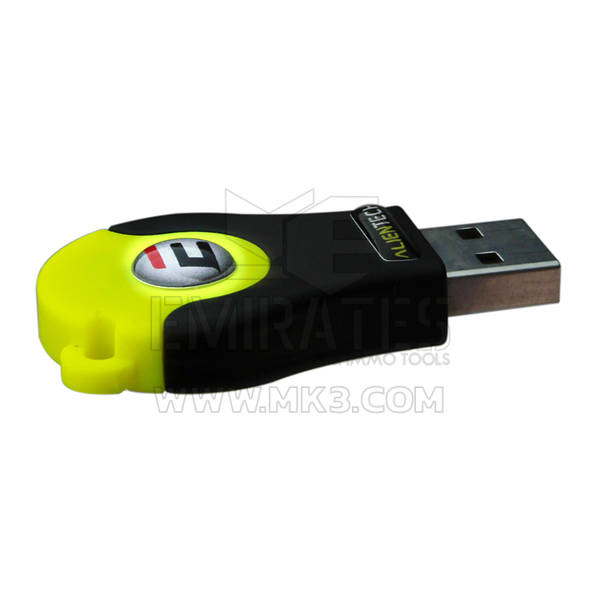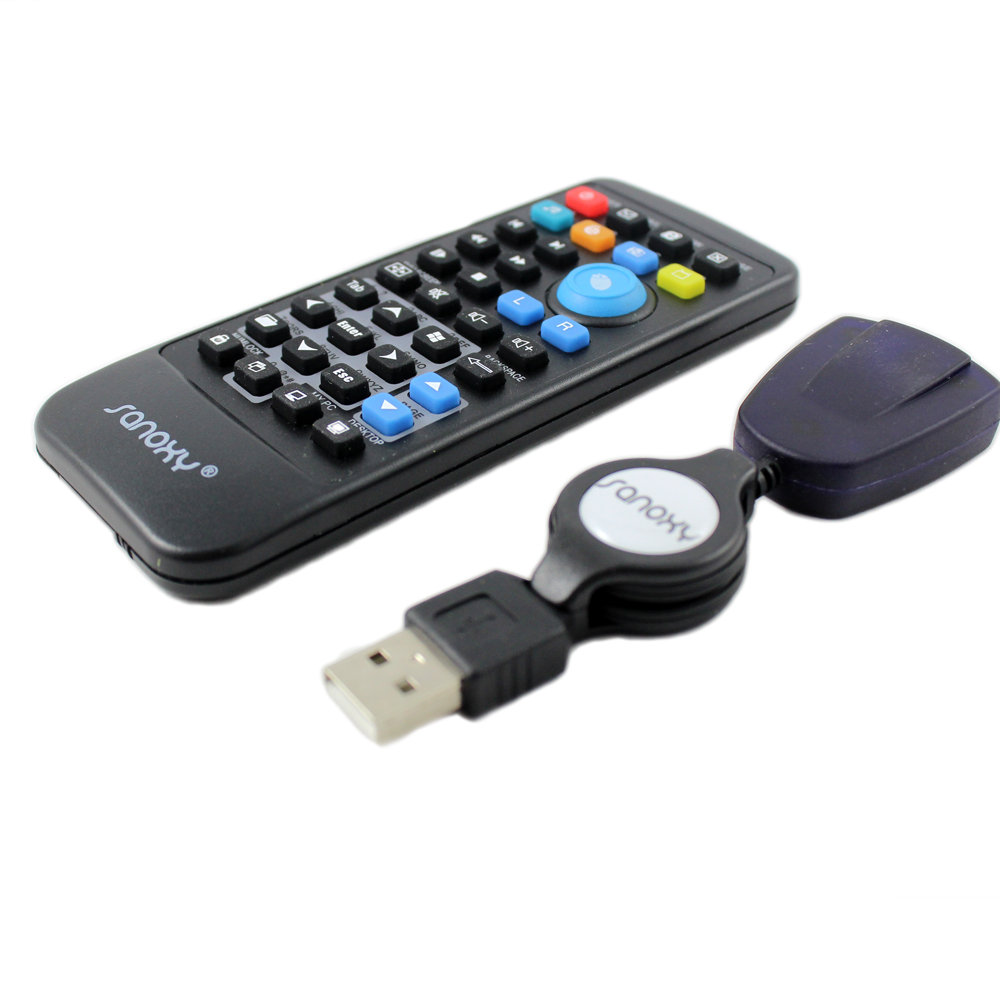
Linux has some useful kernel USB Gadget drivers ("USB gadget" is another term for USB peripheral/device) such as g_serial and g_ethernet that allow you to plug your device into another computer and be visible as a serial or ethernet-over-USB device (there are others for exposing a device as mass storage, which allow you to use a file as a block device and expose the computer as a mass storage gadget). That's not all though - once you've got the hardware, you'd also need the software. For example, the aforementioned Raspberry Pi has an On-the-Go Controller, but on all models except the Pi Zero that gets rewired to a host port or an onboard USB hub denying the use of USB device functionality. Motherboards designed for embedded and portable devices tend to have a USB OTG (On-the-go) contoller, which can function as either a Host or Device controller. The other option would be a USB On-the-Go Controller. You might be lucky enough to find an SPI or I2C bus exposed somewhere on your motherboard to allow you to add it, but they're usually wired directly into whatever they're being used for unless you're using a dev board or single-board computer with exposed GPIO and other ports such as a Raspberry Pi. Practically, you'd have to redesign the motherboard to include it.

Unfortunately, you'd have to find a way to wire it onto your motherboard.

You would need to add a USB Device/Peripheral controller to the computer, as opposed to the USB Host Controller they tend to come with. Linux, however, does include USB-C device mode drivers (aka "USB Gadget" drivers - although you may need to compile a custom kernel if they haven't been included in your distribution.)

The main problem is still mostly on the Windows PC side, where there's a lack of any USB-C device mode drivers with the OS. Many devices - especially SBCs - come with USB-C and a controller which can run in both modes. We now have USB-C, for example, which supports both device and host modes. Edit: While this answer was correct at the time (with a few rare exceptions), since then there's been more developments.


 0 kommentar(er)
0 kommentar(er)
